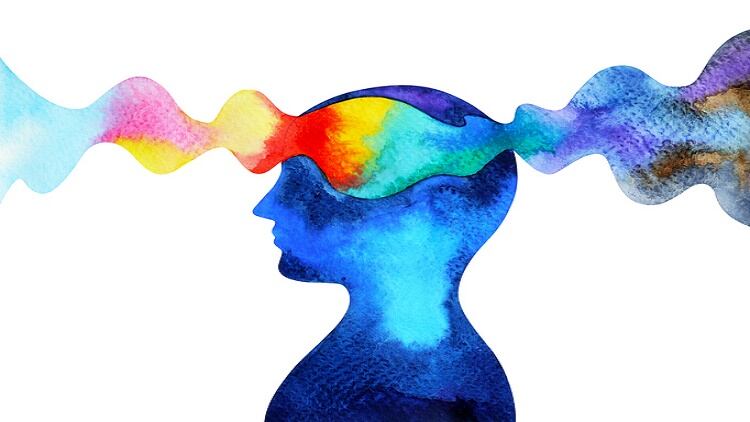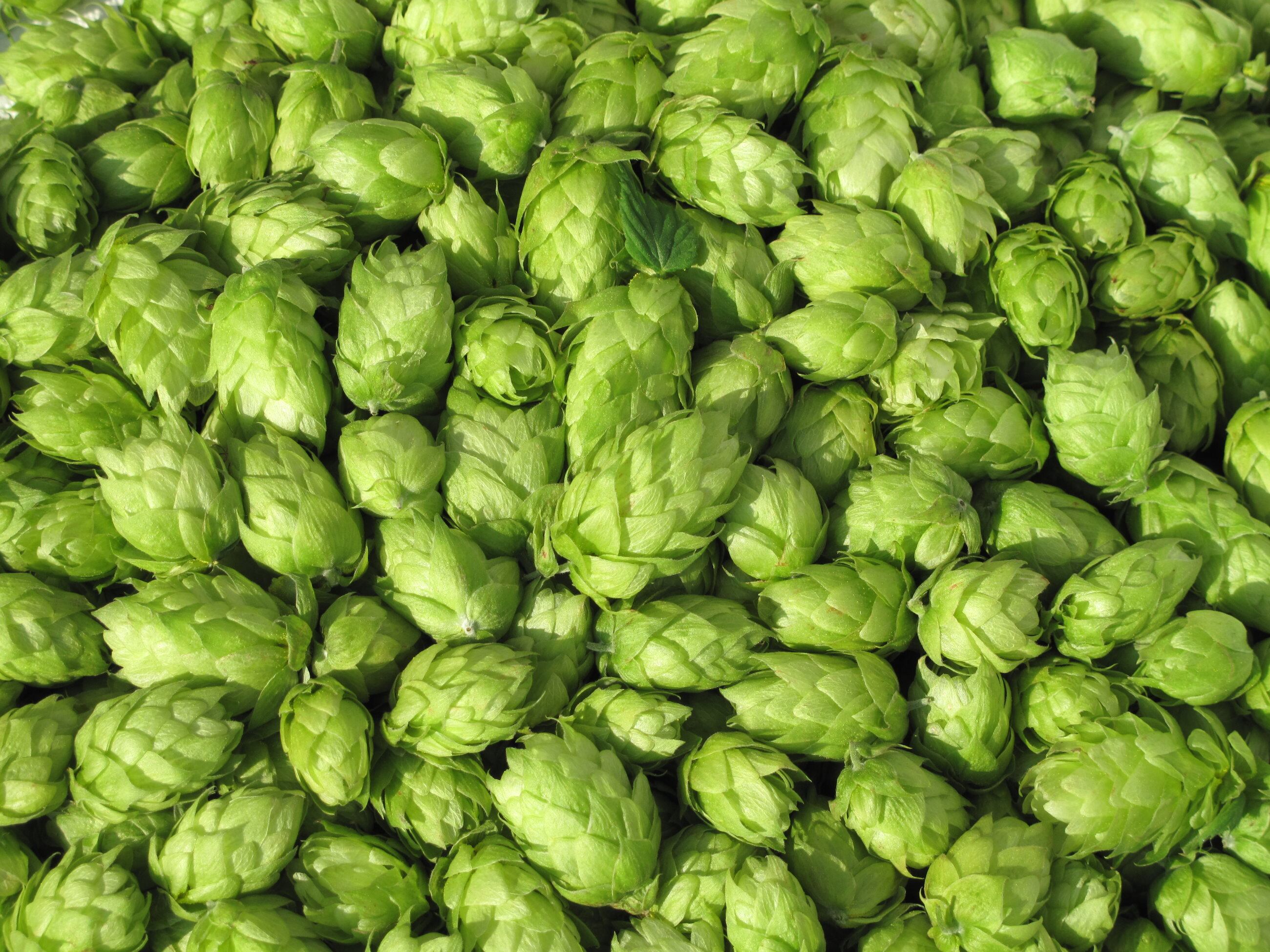The ingredient, trademarked as enXtra and developed by Mumbai-based Enovate Biolife, underwent its fourth and most recent human clinical trial during January to August last year.
The ingredient has been used in energy beverages as in the case of Japan’s Taisho Pharmaceutical Holding’s Raizin series. The ingredient also won the Ingredient of the Year award (sports nutrition category) in the previous NutraIngredients-Asia awards.
The latest human clinical study on enXtra showed it could improve alertness by over 100% but did not bring about heart rhythm and sleep disturbances – problems commonly seen in the consumption of energy boosting ingredients.
Sixty-nine participants completed the trial.
They were divided into three groups, one taking a 600mg capsule of enXtra twice per day, the other taking 600mg of enXtra with caffeine, and the third group taking placebo.
In the group drinking enXtra, the mean level of alertness grew by over two-fold from the baseline of 31.69 to 68.02 by the end of the study based on the Bond & Lader scale.
The effect was greater in the group drinking enXtra with caffeine, where mean level of alertness went up from the baseline of 30.82 to 74.25.
The researchers said the effects could be due to the ingredient’s ability in blocking dopamine re-uptake.
This leads to higher extracellular concentrations of dopamine and increased dopaminergic neurotransmission.
On the other hand, there was no unusual effect on the heart QT interval detected in the two groups taking enXtra. The QT interval represents the time it takes for the heart ventricles to contract and relax.
Measuring QT interval is crucial because some research has shown that drinking caffeinated energy drink was linked to QT prolongation and heart rhythm problem.
No mean absolute change in QT interval was seen in the subjects taking enXtra and placebo.
There was however, a 0.1 second change in the QT interval in subjects taking enXtra with caffeine.
The researchers said this was “in accordance with other caffeine-based studies displaying a similar increase in BP levels post-caffeine consumption.”
In addition, the researchers found no significant change in the ECG and systolic and diastolic blood pressure of the subjects.
In subjects taking enXtra and enXtra with caffeine, their baseline mean systolic blood pressure were 106 ± 12 mmHg and 108 ± 10 mmHg.
By the end of the study, their mean systolic blood pressure were 109 ± 09 mmHg and 108 ± 10 mmHg, which was not a significant change as the p value was less than 0.05.
“In conclusion, our findings demonstrated for the first time that long term use of 600 mg of EnXtra daily is safe and helps maintain mental performance of participants without affecting the ECG and haemodynamics of middle-aged individuals,” the researchers said.
Better sleep
The researchers said none of the subjects taking enXtra reported sleep disturbance throughout the trial.
The finding correlates with previous studies showing how improvement in cognitive performance is linked with good sleep quality.
“These results can also be applicable in ageing population as cognitive impairments are common in the elderly and enXtra shows the potential of reducing such age-related cognitive decline,” the researchers concluded.
Source: Journal of the American College of Nutrition
A Randomized Placebo Controlled Clinical Trial Demonstrating Safety & Efficacy of EnXtra® in Healthy Adults
DOI: 10.1080/07315724.2020.1753129
Authors: Shalini Srivastava, Mark Mennemeier, and Jayesh Anand Chaudhary





